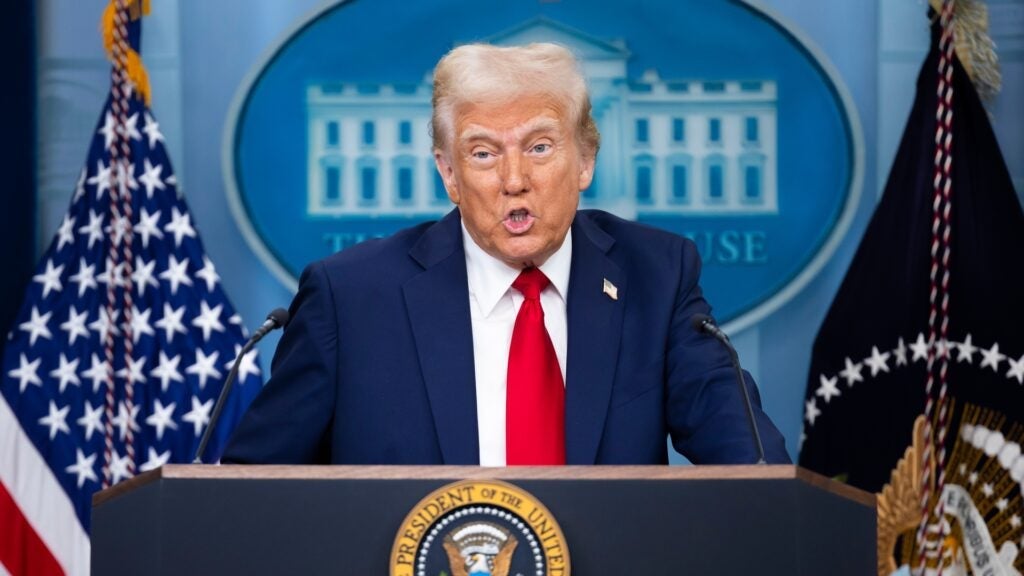
The Trump administration is reportedly planning to relax regulations that require companies to disclose executive perks such as private jet use and bodyguard services.
What Happened: The Securities and Exchange Commission (SEC) is organizing a roundtable discussion later this month to consider changes to CEO perks disclosure rules. The participants for this roundtable have not been confirmed yet, as per a report from Semafor.
These perks, which have been growing at a faster rate than total CEO pay, have seen a surge due to the pandemic. Companies have been covering costs for private jets and remote work setups — perks that, once granted, are hard to roll back. The recent rise in spending on personal security likely stems from the murder of an insurance executive last year.
The SEC’s current definition of these benefits includes anything not “integrally and directly related” to the job. Since 2015, the agency has filed a lawsuit against at least 20 companies for concealing the cost of these benefits from shareholders.
Boeing BA and Salesforce CRM have faced scrutiny over executive jet use—Boeing admitted it failed to disclose $500,000 in private jet travel by former CEO Dave Calhoun, while Salesforce began reporting CEO Marc Benioff‘s corporate jet flights between San Francisco and his Hawaii home, classifying some as commuting.
SEC did not immediately respond to Benzinga’s request for comment.
Latest Startup Investment Opportunities:
Why It Matters: The move to make CEO perks easier to hide comes amid a broader criticism around the Trump administration favoring the rich at a time when the wealth gap in the U.S. is widening. For instance, Jeff Bezos recently saved $6.2 billion in taxes since 2017, a sum that may remain untouched by President Trump’s proposed tax hike. This has sparked debate about the fairness of the tax system and the need for reforms to address loopholes that benefit the ultra-wealthy.
Similarly, Senator Elizabeth Warren has criticized Trump’s tax package as a “big tax handout for billionaires,” paid for by cutting healthcare for millions. These discussions highlight the broader issue of wealth inequality and the role of government policy in addressing it.
Image via Shutterstock
Disclaimer: This content was partially produced with the help of AI tools and was reviewed and published by Benzinga editors.

